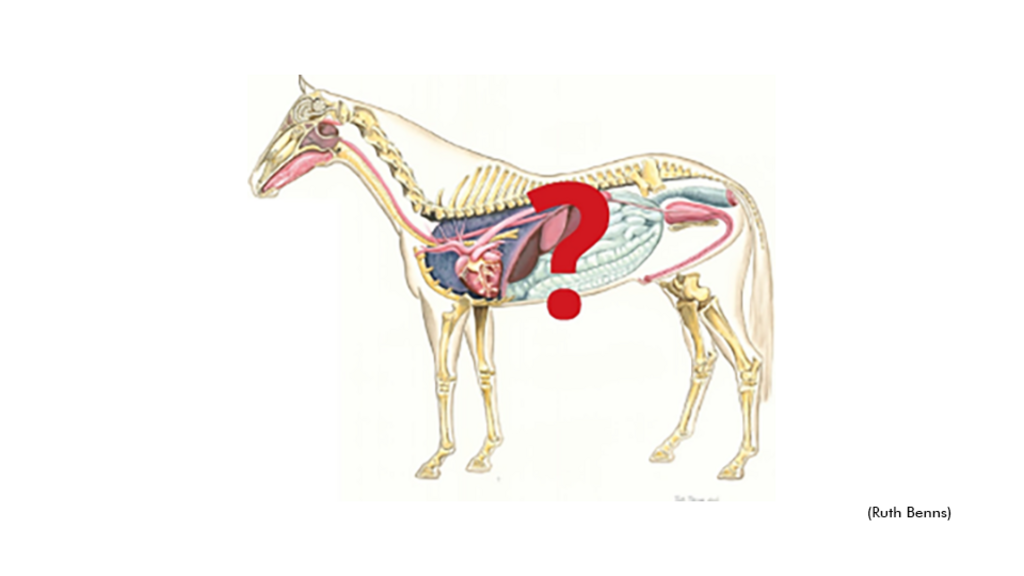
The thinking on how we use antibiotics is changing in the world of medicine especially as we learn more about their impact on the inhabitants of the gut. Ontario Veterinary College researcher Dr. Diego Gomez took part in a collaborative study with researchers across North America to study the effects of intravenous antimicrobials on the equine gut.
They collected fecal samples after three, five and 30 days after the administration of antimicrobials commonly used in veterinary practice including Ceftiofur, Oxytetracycline and Enrofloxacin. What they found was that the bacterial population started to change by day three and in some horses, depending on the antimicrobial administered, changes can last up to 30 days. Certain gut bacteria that are responsible for metabolizing nutrients in hay and forage were shown to still be reduced from day three up to the 30-day point in the study. The results suggest that use of antimicrobials can predispose the horse to diarrhea, colitis or metabolic diseases by altering the bacterial communities of the gut. Gomez noted in a future study it would be good to have another sample of 60 days to track longer term changes.
When using antibiotics, some clinicians have proposed the use of probiotics or prebiotics to minimize the changes in the bacterial populations after administration of antimicrobial drugs but currently there is only anecdotal testimonies rather than scientific evidence supporting their use, Gomez mentioned.
In 2021, another study began looking at the impact of oral antibiotics. Gomez explained, early analysis of the data reveals some antimicrobials produce major changes in the bacterial communities of the intestine while others do not, and therefore some antibiotics are more likely to cause diarrhea. Stay tuned for more to come on this study.
Gomez finished by stressing the importance of seeking advice from your veterinarian before administering antimicrobials to horses: “We need to be responsible when we are administering and deciding to administer antimicrobials to horses, not only because it may predispose the horse to disease, diarrhea specifically, but also because of the emergence of antimicrobial resistant bacteria that can lead to difficulties treating infection in humans and horses.”
(Equine Guelph)

